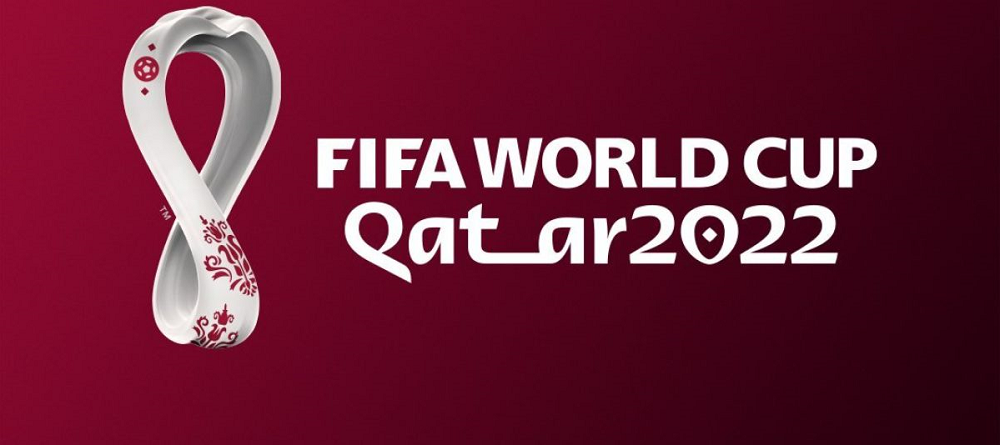World Cup security conditions plagued with shortcomings, vulnerabilities

By Ken Showers, Managing Editor
Updated 1:44 PM CST, Mon November 21, 2022

DOHA, Qatar – Today marks the opening of the 2022 FIFA World Cup in Qatar, a first for the small Middle Eastern country, however the security conditions in place for one of the world's largest sporting events are concerning to many.
Reuters reported earlier this month that the country had trained as many as 50,000 to provide security during the events. That number is bolstered by a number of experts and staff from visiting countries participating in the World Cup. For the U.S., The Department of State’s Diplomatic Security Service (DSS) is operating as the security lead for the country and acting as support and liaisons to the existing security presence at the games.
“The Diplomatic Security Service has decades of experience leading international security events and we are committed to the safety of U.S. citizens and athletes attending the FIFA World Cup in Doha, Qatar,” said Andrew Wroblewski, deputy assistant secretary and assistant director of DSS domestic operations. “The Diplomatic Security Service has numerous special agents and analysts managing a Joint Operations Center at the U.S. Embassy in Doha, a 24/7 security operation that is also supported by our interagency partners.”
With only 12% of it’s population being native, Qatar has had to look to immigrants to bolster its security numbers. Training for many began earlier this month and reports of long hours and poor treatment of the security workers has begun making the rounds. In an article this week directly addressing labor complaints in the country Amnesty International called out the treatment of domestic workers and the private security sector. In that they reference a report made in April where security workers were found to experience a variety of labor grievances including, “…excessive working hours, lack of rest days, and arbitrary or disproportionate financial penalties, as well as underpayment of overtime work, potentially dangerous working conditions, substandard living conditions and discrimination on the basis of race, nationality, and language.”
For its part the State Department wrote with regards to the situation, “The United States recognizes Qatar’s progress towards expanding labor rights, implementing labor laws, and combating human trafficking and is in regular dialogue with Qatar on the work that remains.”
Cybersecurity for the event has proven to be its own nightmare with the event being a prime target for groups of nation state hackers like China and Iran. Official apps designated for the event have met with outcry from security experts for their dangerous functionality. The first, Hayya, allows ticket holders to enter stadiums and use public transportation for free, but precisely tracks users, can prevent the phone from entering sleep mode and view that phones network connections. The other Covid-19 contact tracking app, Ehteraz, provides remote access to the phone’s pictures and videos, in addition to having the ability to read and write to the file system the app also makes use of the location services feature for tracking.
Germany’s Federal Commissioner for Data Protection and Freedom of Information advised against using the apps in a statement, and warned users are against installing them on personal devices at all unless necessary. Even so the office advised, “After using the apps, the operating system and all content on the phone used should be completely deleted.”
U.S. teams are being advised to use burner phones while in the country for the world cup, like at the winter Olympics in Beijing earlier this year.
Comments